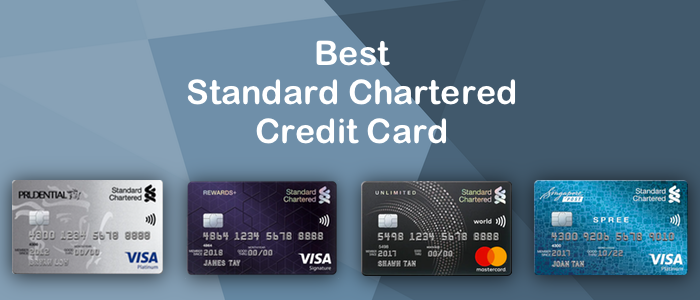Expat Buying Property
You might be living a cushy life in Singapore as an expat – your accommodation is paid for, your child can afford to study in an international school and food costs are generally cheap. With your salary, you can even save a few thousand a month! At some point in time, you might have thought of buying an apartment in Singapore, but the prices put you off.
Whats more, foreigners will need to pay an Additional Buyer’s Stamp Duty(ABSD), adding on to the already expensive property prices. But you’ve also considered that you might ultimately go back to your home country, so why not buy a property there instead, or buy property somewhere else?
Buying a property while you are overseas can be tricky – you need to understand local laws, figure out the tax implications and generally do your homework on whether the developer is reliable or if you are buying at the right time. So here’s a list of factors you should consider before making the move.
Understanding Local Rules
Property ownership rules changes from country to country, so your first step will be to understand whether you can buy in your target country. Some countries may limit ownership of certain types of property only to their citizens, or they may require an official approval before you can make a purchase. Property rules may also differ from state to state, so it’s important to get the rules clear first instead of wasting your time searching for a property you can’t buy.
Tax Implications
Most governments impose some form of taxation on foreign ownership of properties, either when making the purchase or when selling. You may also be liable for capital gains taxes or taxation on rental income. This can affect the amount of profit/loss you make in the long term so consider these factors wisely.
Financing
Financing options differ from country to country – especially important to note are the tenor, interest rates, as well as the debt servicing ratio. Also, you may want to think about whether you want to go to a local bank or finance your property from Singapore. Take note of the foreign exchange rates as well since fluctuations can affect your monthly repayments greatly. Banks usually charge rather high fees in terms of foreign exchange, so it is a good idea to use a currency specialist or money transfer service for that.
Type of Property
When buying a property, you need to think long-term. What is your objective? Are you looking to rent out the property until you return home? Or perhaps it is a rental property which you will cash out some years later? It is important to have a plan so that you can choose the type of property according to your needs.
For instance, if you are planning to rent it out for a few good years, you will need to make some research about the rentability of the surrounding properties, average rental prices and see if it is suitable for your plan. Buying a cheaper property that does not have good rentability may not be a wiser decision than paying a little more for a location that generally has greater rental demand. You will also need to consider the amount of maintenance needed for the type of property you choose. If you are overseas, this can be tricky to take care of, unless you have a trusted provider to help you.
Beware of Fraud
Property frauds are not uncommon, given that it usually involves a large amount of money to be made on the fraudsters’ end. For instance, just last year, a Singapore-based company that was marketing Australian property here has been investigated for a fraudulent Ponzi scheme that amounts to over $100 million being scammed. It is thus extremely important to find out the background and track record of the developer you are buying from. In fact, it is better to buy from local agencies instead of directly from foreign developers since they are not under the government’s jurisdiction here.
Property purchase is a huge decision – take the time to do all your research before you even go looking for the property.






